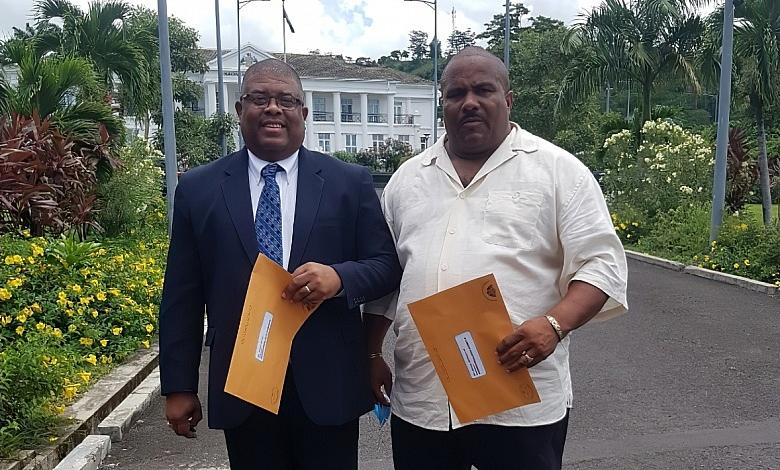Electoral Commission of Dominica

The Electoral Commission of Dominica plays a pivotal role in ensuring the integrity and transparency of the country’s democratic process. Established under the Constitution of Dominica, the commission operates as an independent body mandated to oversee elections, ensure fairness, and maintain public trust in the electoral process.
Responsibilities and Functions of the Electoral Commission
The Electoral Commission is tasked with supervising the preparation and management of electoral rolls, organizing free and fair elections, and ensuring compliance with electoral laws. It monitors all aspects of the voting process, from voter registration to vote counting, guaranteeing that the principles of democracy are upheld. Key responsibilities include:
- Managing the Voter Registration Process to maintain accurate and updated electoral rolls.
- Overseeing the training of election officials to ensure the efficient operation of polling stations.
- Supervising the conduct of general elections, by-elections, and referenda.
- Advising the government on electoral reforms to enhance transparency and efficiency.
Structure and Composition
The Electoral Commission comprises members appointed by the President of Dominica based on recommendations from the Prime Minister and the Leader of the Opposition. This bipartisan approach aims to maintain impartiality and balance in its operations. The Chief Elections Officer serves as the administrative head, implementing the policies and decisions of the commission.
Role in Electoral Reform
The Electoral Commission is central to discussions on electoral reform in Dominica. Recent public calls for reforms include introducing voter ID cards, updating electoral boundaries, and strengthening campaign finance regulations. The commission works closely with the Electoral Reform Coalition and other civil society organizations to address these issues and modernize the electoral framework.
Collaboration with International Organizations
The Electoral Commission has partnered with global and regional bodies such as the Organization of American States (OAS) and the Commonwealth Secretariat to align its processes with international best practices. These collaborations have provided technical assistance, recommendations, and capacity-building initiatives to improve electoral management and uphold democratic principles.
Challenges and Ongoing Efforts
Despite its mandate, the commission faces challenges such as public scepticism, implementation delays, and limited resources. Addressing these issues requires continued advocacy, governmental support, and public engagement to reinforce its credibility and effectiveness.
The Electoral Commission remains a cornerstone of Dominica’s democracy. Its dedication to ensuring free and fair elections is vital for fostering trust and participation in the democratic process, thereby strengthening the nation’s governance framework.




